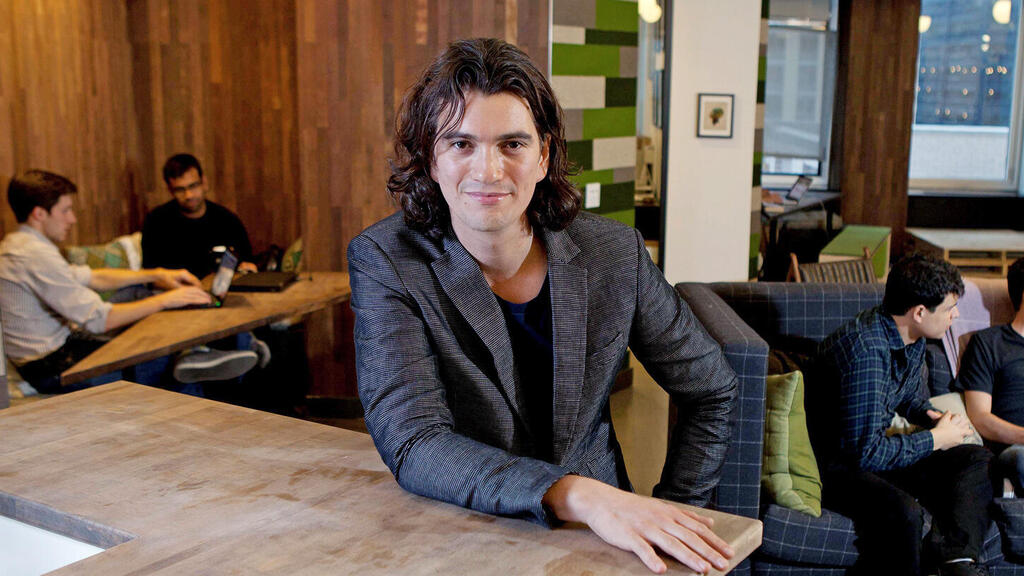
Adam Neumann-backed climate tech startup Flowcarbon raises $70 million from a16z, token sale
The blockchain-enabled carbon credit trading platform aims to tap into the growing market for carbon credits companies buy to offset their greenhouse gas emissions
Flowcarbon, a blockchain-enabled carbon credit trading platform backed by WeWork founder Adam Neumann, has raised $70 million in its first major funding round, its chief executive told Reuters.
The company aims to tap into the growing market for carbon credits companies buy to offset their greenhouse gas emissions as the world transitions to a low-carbon economy in the fight against climate change.
Despite increasing demand, the market has drawn criticism for being fractured, opaque, hard to access and with question marks over the quality of some credits.
To help fix this, Flowcarbon lets project developers sell their carbon credits through tokens, digital assets stored and traded using blockchain technology, allowing them to access cheaper funding and scale their projects more quickly.
"Our mission is to provide the financing necessary to scale projects that reduce or remove carbon from the atmosphere, in particular nature-based projects," said Chief Executive Dana Gibber. Nature-based projects could include those focused on reforestation, conservation or nature restoration.
By "tokenising", developers can access cheaper financing earlier in the life of their project by selling forward their credits, she said.
Buyers, meanwhile, will have greater transparency over their holdings and a broader range of them can join in, including individuals, smaller companies and those in the crypto market.
The firm raised $32 million in the funding round led by Silicon Valley financiers Marc Andreessen and Ben Horowitz through their a16z crypto venture capital firm. Other investors included General Catalyst and Samsung Next.
The balance was raised through the sale of a token - the Goddess Nature Token - backed by a parcel of certified carbon credits from nature-based projects over the last five years. More such tokens are planned with other parcels of credits.
Bundling credits helps liquidity and will allow for greater volumes to be traded than in a traditional over-the-counter way, thereby dispersing risk. All credits are pre-certifed before being made into tokens by groups including Verra, Gold Standard, Climate Action Reserve and the American Carbon Registry.
Related articles:
Paying a 2% tokenisation fee through Flowcarbon also saves project developers money compared with the up to 30% cost of selling their credits in the traditional manner, through an offtake agreement negotiated by an intermediary, Gibber said.
The process also allows token holders to unwrap and remove a carbon credit from the bundle and take physical delivery should they wish to sell it off-chain.
"The carbon market is extremely opaque and we believe demand for offsets is rapidly outpacing the speed at which supply can be increased,” Arianna Simpson, general partner at a16z crypto, said in a statement.
"Tokenisation is an obvious solution," she said, adding the venture capital firm felt confident "Flowcarbon’s team and model are best in breed."
